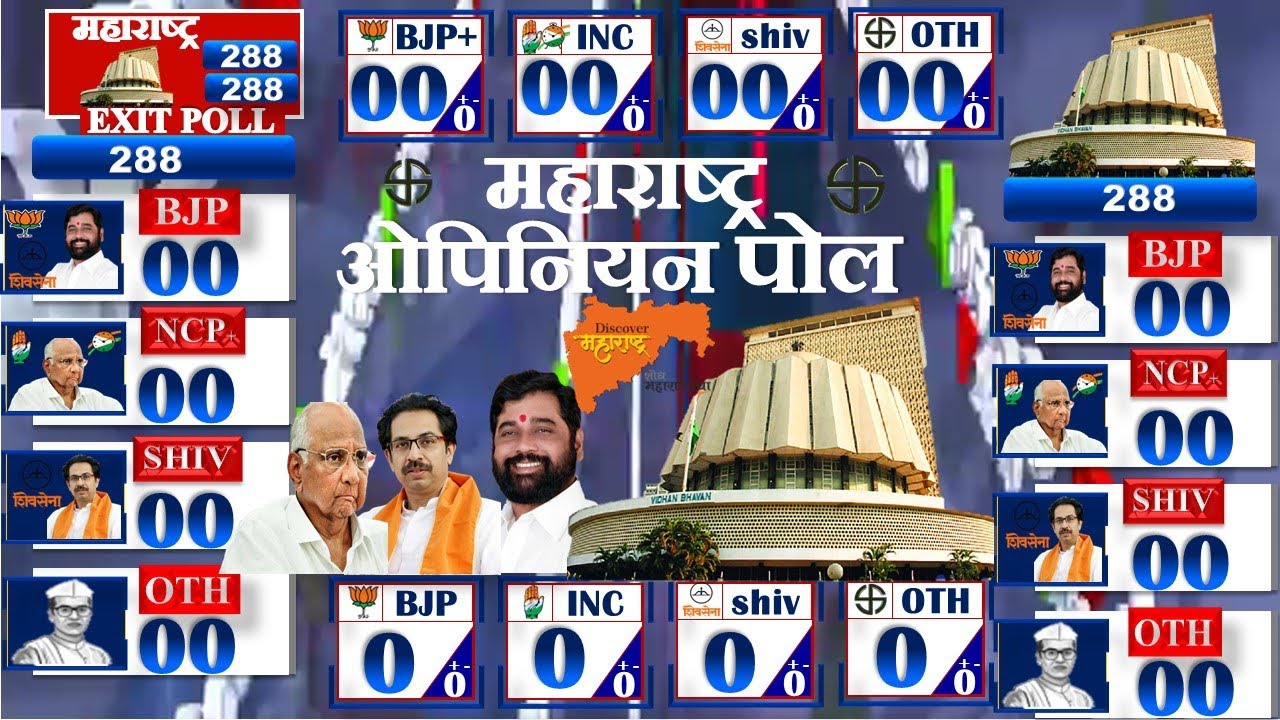


Senior leader of the Shiv Sena, Sanjay Raut, has demanded a re-election using ballot papers due to alleged irregularities in the use of electronic voting machines (EVMs) during the Maharashtra Assembly polls. Deputy Chief Minister Ajit Pawar has come to the defense of the opposition party, stating that they should not blame EVMs for their loss. The Sena leader also cited complaints from party workers across the state, suggesting that the results do not add up and there may have been foul play during the counting process. The party has been advocating the use of ballot papers for the past decade and is now demanding that the Election Commission hold fresh elections using this method.
EVMs: A Contentious Issue in Indian Elections
The use of electronic voting machines (EVMs) in Indian elections has been a contentious issue, with allegations of irregularities and foul play surfacing periodically. The recent Maharashtra Assembly polls have reignited the debate, with senior Shiv Sena leader Sanjay Raut demanding a re-election using ballot papers.
Background
EVMs were first introduced in India in 1998, with the intention of making the electoral process more efficient, accurate, and tamper-proof. However, concerns have been raised about the machines' reliability, transparency, and vulnerability to manipulation.
Allegations of Irregularities
Over the years, numerous allegations of irregularities in EVM usage have been made. These include:
Shiv Sena's Demand for Ballot Papers
In the wake of the Maharashtra Assembly polls, the Shiv Sena has emerged as the most vocal critic of EVMs. Party leaders have alleged widespread irregularities, including the deletion of votes cast in their favor. Sanjay Raut has demanded a re-election using ballot papers, claiming that EVMs cannot guarantee a fair and transparent electoral process.
Support and Opposition
The Sena's demand has received support from other opposition parties, such as the NCP and the Congress. However, the ruling Bharatiya Janata Party (BJP) has strongly defended the use of EVMs, stating that they are the most secure and reliable method of voting. The Election Commission of India (ECI) has also maintained that EVMs are tamper-proof and have not been found to be manipulated in any election.
FAQs on EVMs
Q1: How does an EVM work? A: An EVM is a small electronic device that records and counts votes cast by electors. When an elector presses a button on the machine to cast their vote, the machine records the vote electronically and displays the candidate's details on a screen.
Q2: Are EVMs tamper-proof? A: According to the ECI, EVMs are tamper-proof and encrypted to prevent any unauthorized access or manipulation. However, concerns have been raised about the possibility of hacking and other forms of external interference.
Q3: Have there been any instances of EVM malpractice? A: There have been some allegations of EVM malpractice in the past, but no conclusive evidence of widespread tampering has been established. The ECI has maintained that all EVMs undergo rigorous testing and audits to ensure their accuracy and integrity.
Q4: Why do some parties oppose EVMs? A: Some political parties have opposed the use of EVMs, alleging that they are opaque and vulnerable to manipulation. They argue that ballot papers provide greater transparency and allow for manual recounts in case of disputes.
Q5: What is the future of EVMs in India? A: The use of EVMs is likely to continue in India, given their efficiency and cost-effectiveness. However, the ECI is constantly working to improve the security and transparency of EVMs, and it is possible that further advancements in technology may address some of the concerns raised by critics.

Prime Minister Narendra Modi launched the year-long commemoration of the 150th anniversary of India's National Song, 'Vande Mataram'. He released a commemorative stamp and coin dedicated to the song and visited an exhibition centered around its theme. The celebrations also included mass singing of the song across public spaces in India, with enthusiastic participation from citizens. The Prime Minister emphasized the significance of Vande Mataram in uniting the nation and inspiring generations.

Prime Minister Narendra Modi, in a grand event at Indira Gandhi Indoor Stadium in New Delhi, launched the year-long celebrations marking 150th anniversary of the national song 'Vande Mataram'. The event saw a mass singing of the iconic song and also featured the launch of a commemorative stamp, coin, and portal. PM Modi addressed the audience and highlighted the significance of 'Vande Mataram' in India's freedom struggle and its continued resonance with the people.

As India celebrates 150 years of its national song ‘Vande Mataram’ today, Prime Minister Narendra Modi inaugurated a year-long commemoration with the release of a commemorative stamp and coin. Calling Vande Mataram a symbol of India’s unity, PM Modi urged citizens to draw inspiration from its timeless force. He also highlighted the impact of the 1937 decision to approve only selective stanzas of the song, which he claims sowed the seeds of India’s partition. Amidst renewed political debates, the Prime Minister urged the younger generation to understand the historical context and warned against the divisive mindset that still persists in the nation.

Former White House press secretary Karine Jean-Pierre and radio host Dean Obeidallah discuss the lack of support from Democratic Party leaders for New York City Mayor-elect Zohran Mamdani during the primaries. Jean-Pierre calls it a "big mistake" and highlights Mamdani's inspiring campaign, which resonated with young voters despite lacking party backing. She criticizes party leaders for sending the wrong message and turning their backs on a Democratic nominee.

Congress leader Rahul Gandhi has accused the BJP-led NDA of widespread voter fraud in Bihar, particularly targeting Dalit, backward class, and minority communities. He claims that hundreds of voters were removed from electoral rolls without notice, amounting to “vote theft." Gandhi also alleges that this manipulation was done to specifically target marginalized groups who may not vote for the BJP. However, the Election Commission has denied these claims and stated that the voter list is regularly updated and that there is no evidence of any large-scale manipulation.

Matheus Ferrero, a photographer from Brazil, found himself at the centre of a political storm in India after one of his photos was used by Congress leader Rahul Gandhi to allege voter fraud. The image, titled "Woman Wearing Blue Denim Jacket," had been uploaded to stock photography sites and freely available for download. As the controversy intensified, Ferrero faced online harassment and had to delete his social media accounts. He explains that the photo was a free-use image and not meant to be taken as evidence of any wrongdoing.

The Democratic Party received a major boost following Zohran Mamdani's mayoral win, with both former presidents Barack Obama and Joe Biden praising his influence and moral compass in congratulatory calls. This marks a significant endorsement from two of the party's most popular leaders, potentially indicating a shift towards embracing progressive candidates like Mamdani.

In the 2025 municipal election in Conway, voters made the choice to stick with the current city leaders. Incumbents Amanda Butler, Beth Helms, and William Goldfinch were all re-elected to their positions, while challenger Tonya Robinson fell just short. Butler, who received the most votes, expressed surprise and gratitude, and said that the re-election of all three incumbents shows confidence in the current council.

The Haryana High Court has issued a third warrant for the arrest of self-styled godman Rampal, who is facing a murder charge. With pressure mounting on the police to take action, thousands of men, women, and children who were holding a protective ring around Rampal are now abandoning their position, claiming they were forced to stay there by the godman and his supporters. This walk out is seen as a victory for the police, who are worried about potential violence from Rampal's supporters and have cut off essential resources like water, power, and food to the ashram. Rampal, who has a history of missing court hearings, is now using ill health as a reason to avoid arrest.

At a state working committee meeting of the BJP in Uttar Pradesh, Deputy Chief Minister Keshav Prasad Maurya stressed on the significance of the party organization over the government. He highlighted the need for party workers to be respected and their dignity upheld. Maurya also addressed the recent electoral setbacks faced by the BJP and stated that the organization will always remain supreme.